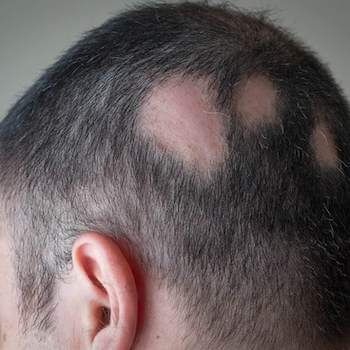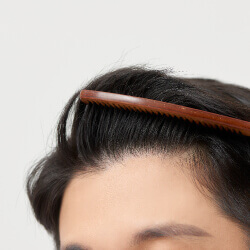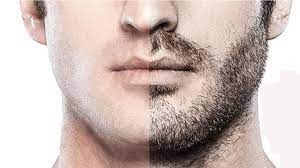There are many factors that can cause hair loss and millions of people are having hair transplant to solve this issue. Gender, genetics, age, life conditions or diabetics are some of the reasons that people know. One of the factor that is being considered to cause hair loss is hormone imbalance.
Understanding The Relationship Between Hormones and Hair Loss
Hormonal instability can have unpleasant results on our body and our hair usually is also affected. Though thinning and hair loss can be caused because of various reasons, hormonal hair loss is an important matter. Human hormones behave as envoys in our body, letting our muscles and organs know how they should do their job and the time they need to start. Encountering the right balance could be hard; a negligible imbalance can originate problems with insulin creation, cell development, heart rate, regular metabolism, and more.
Mentioned instabilities can also create a kind of loss of hair called “telogen effluvium”. A depletion in key activity in the scalp or excessive production of hormones like androgen or testosterone (in women) can cause hair loss straight from the scalp. With the limiting of oestrogen or progesterone, hair can be directed to the telogen chapter of growth far more swiftly and because of these hormones not being in place, reproduction of hair could slow down, or for some people, stop altogether.
How Could Hormones Do Anything To Your Hair?
Hormone instabilities can alter the scalp and growth of hair. This as a result can create some concerns, like thyroid conditions, limited levels of oestrogen, menopause, weight changes, and androgenetic alopecia. Each problem can have a different consequence, some of them are lasting and some are non-permanent. These are Thyroid Hormonal hair loss originated by thyroid conditions like hypothyroidism and hyperthyroidism often only creates short-term hair loss that can usually be solved effortlessly through the initiation of thyroid medicine. Included in the endocrine network, the thyroid creates hormones developed to adjust the revitalisation and development of cells and cellular energy. Because of this, hair usually has a dependency on the thyroid so that it can grow.
With the medicine that helps the restoration of hormonal balance, your natural hair growth should be restored in about a month. Even though additional hair loss isn’t unnatural when the medicine is being taken, this is normally a short-term side effect that will settle in about a month.
Oestrogen
Oestrogen creation in women naturally differs through their lifespan, but changes usually result in hair loss or thinning.
Hair will usually undergo growth changes throughout perimenopause, menopause, pregnancy, and post-partum all conditioned on the changes in oestrogen. In the course of pregnancy, for instance, women usually notice that they have thicker, fuller hair due to the increased levels of this hormone. During postpartum, the sudden drop will cause hair loss.
This usually happens for a short time, as long as the frail hormonal balance is brought back, then the hair growth can carry on to its normal pattern.
Androgenetic Alopecia
Androgenetic Alopecia, otherwise called pattern baldness, is a hereditary problem. What happens is, hair begins to thin and as we age, it starts to fall out. Weakening of the hair usually starts at the ages of 12 and 40 and is usually lasting. Both male and female pattern baldness is genetic, be that as it may, every sex will see or feel the loss in different ways.

For men, the hair starts to go at the hairline, then the sides start to thin out and a shape similar to an M starts to form. The crown area which is the upper back area on the head will also start to go bald, as time goes by, this balding will soon connect to the thinning hairline and this will create a ‘U’ shape. For women, hair thinning begins at the top part of the scalp and in time a design resembling the shape of a Christmas tree appears.
How To Treat Male and Female Hair Loss?
In the event where the pattern baldness exists, hair transplants may solve it. FUE transplants, Direct Hair Implantation (DHI) are within easy reach for patients suffering from this genetic disorder. This may not stop the hair loss forever but it could give a permanent solution so that the receding hairline and any balding patches can be filled in.
So the answer is, hormone imbalance can cause hair loss. If you would like more information about our hair transplant procedures, feel free to contact us at any time you desire.
At Clinic Center, we try to do our best to make sure that your journey and time with us are as comfortable as possible. That is why patients who would prefer to have a consultation before coming to Turkey, they are more than welcome to visit our office in London.
Clinic Center offers budget-friendly medical surgeries at high standard establishments in Turkey. Clinic Center is also a registered company in the UK with free unique aftercare service!




